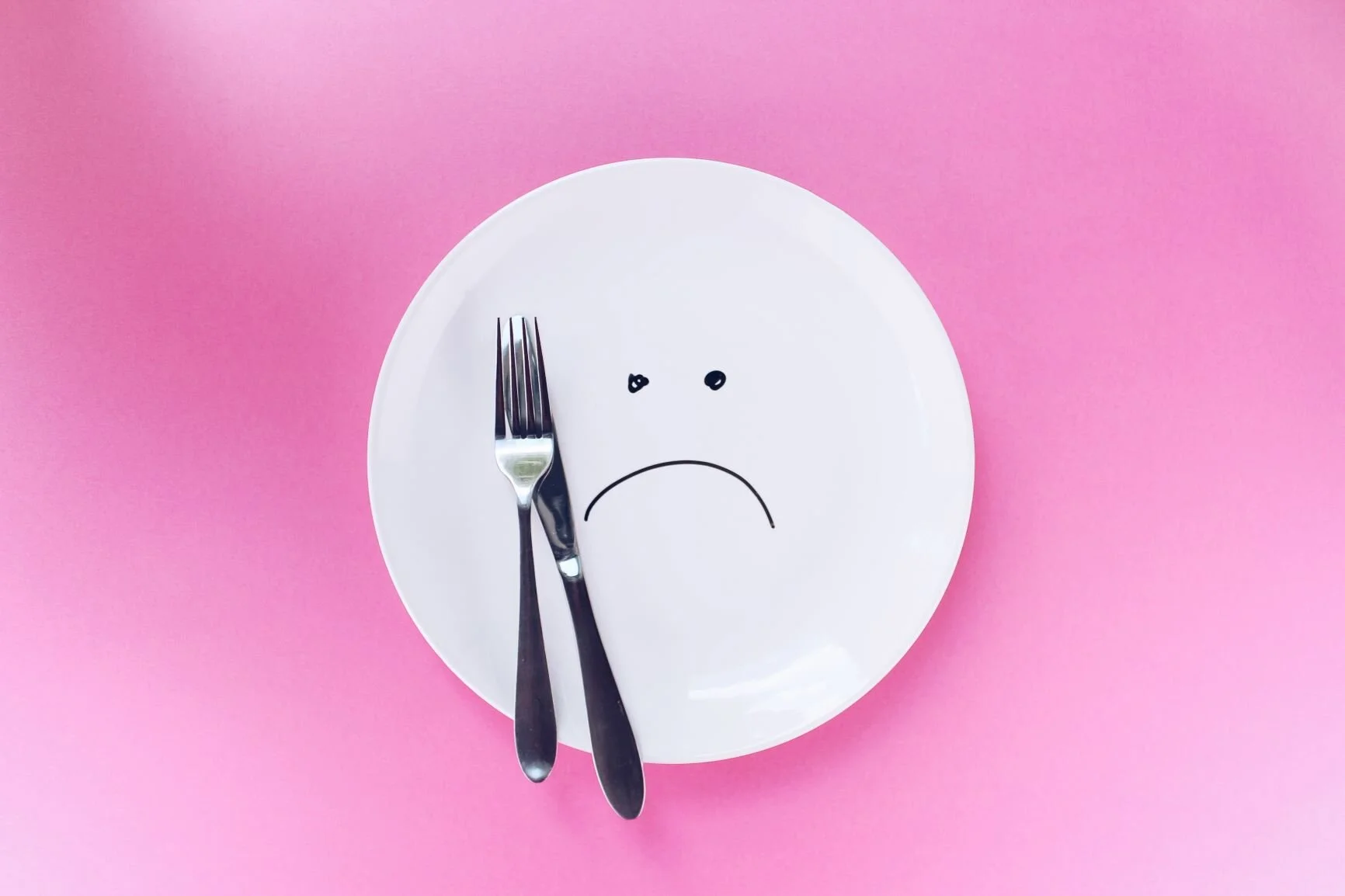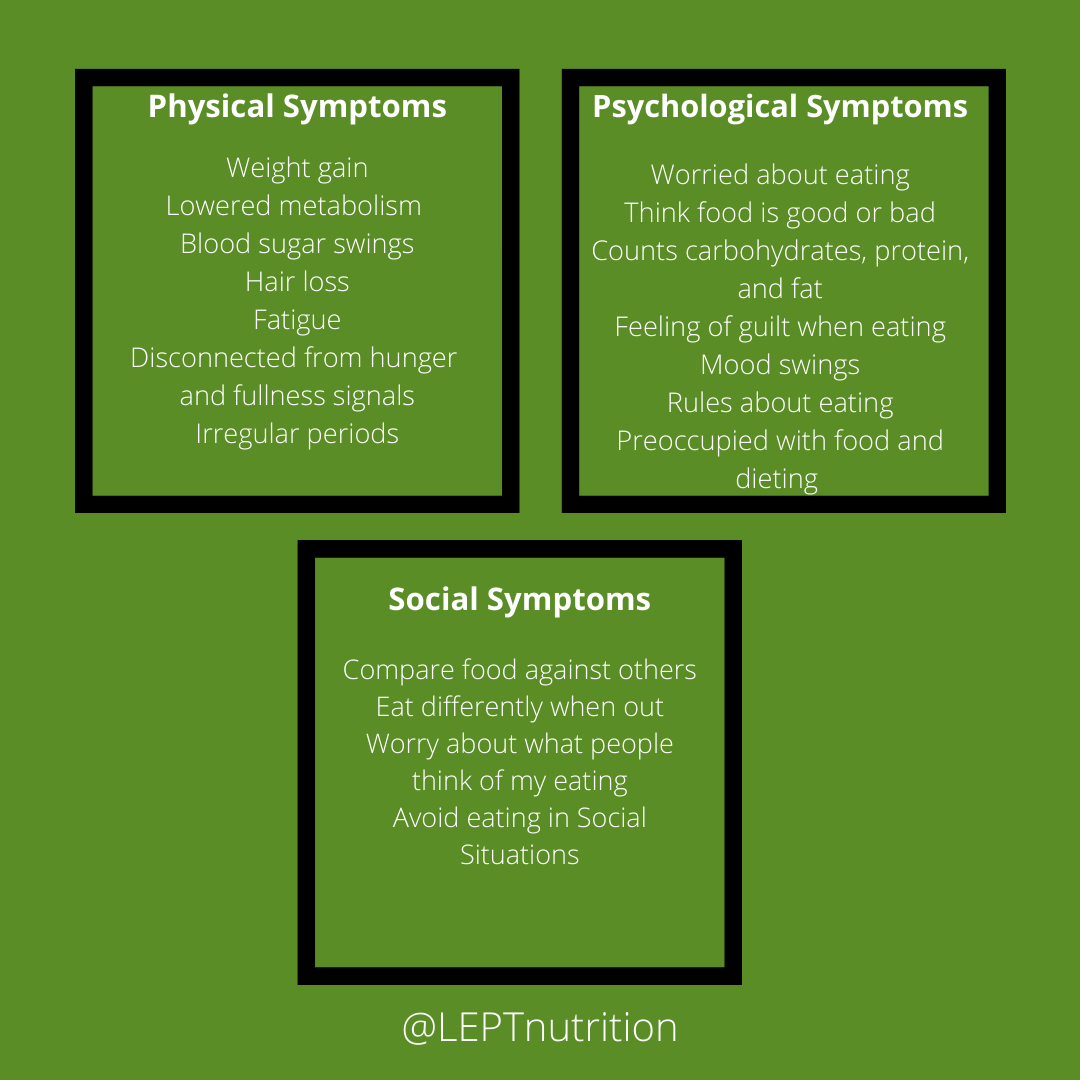Low Calorie Diets: Do They Work Long Term
Want to lose weight, so you drop the calories down. You get a quick one or two kilo lose, but what effect does this have on your long term health and weight.
Extremely low-calorie diets have been shown to increase weight in the long term, with biological process within the body causing rebound weight gain.
When we have a very low-calorie intake, our cells believe that they are facing famine and they store energy as fat to survive. Our body goes into survival adaptation, slows our metabolism and cannibalizes our muscles. Low-calorie diets result in reduced calorie burning and higher fat storage.
Hormonal changes also occur, reducing leptin a hormone that triggers fullness, increasing what we eat in the long run. Dieting also increases the risk of disordered eating and food cravings. But the most important thing it does is shift your focus away from health goals.
Studies have shown that weight cycling where we go low calorie diets lose weight then rebound back has long term physical consequence: including increased risk of osteoporosis, gallstones, chronic fatigue, reduced muscle mass, hypertension, heart disease and cancer.
And it also has been shown to have a profound effect on our psychological health, including increased risk of binge eating.
Low-Calorie Dieting Effect on Your Life
Yes, we need to maintain a healthy weight to reduce your risk of illness, but the focus should always be on your health. What you eat should nourish your body and your soul.
We should always be working to become more aware of what nourishes our body, what food harms our health, what builds your self-esteem.


